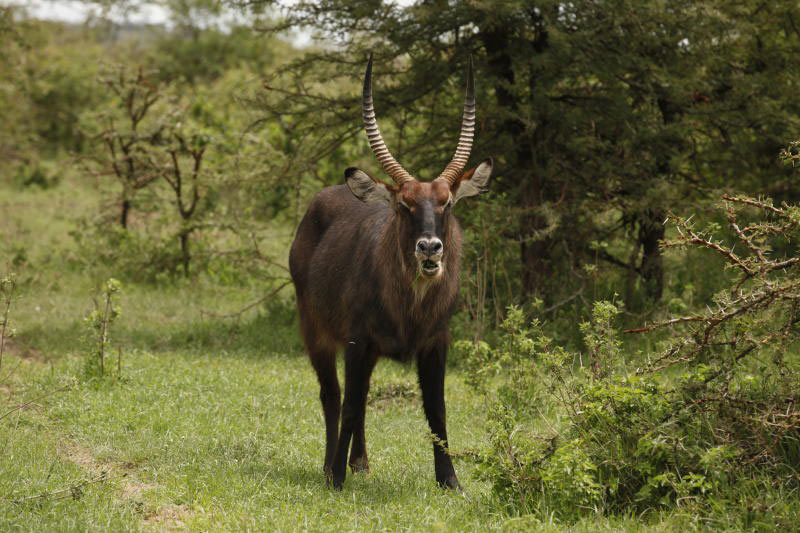×
The Standard e-Paper
Stay Informed, Even Offline

Alien plants are threatening animals in one of the Kenya's major wildlife reserves, a study has shown.
The study found that at least 245 alien species, introduced in the Mara-Serengeti ecosystem accidentally or intentionally as ornamental plants, were destroying the grass and native plants the animals feed on.